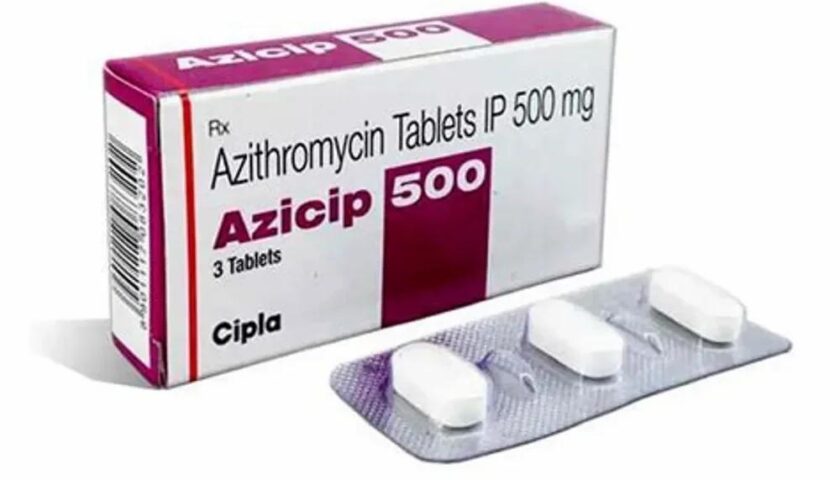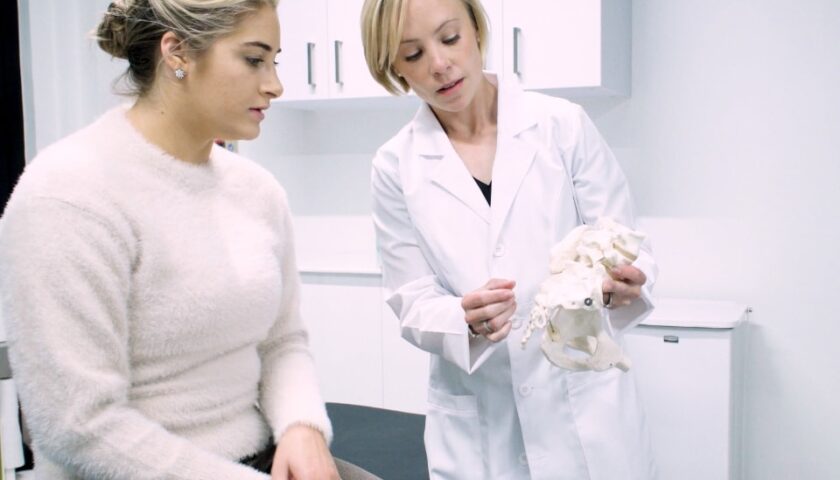Sports injuries are a common occurrence that can happen to anyone, whether you’re an athlete or someone who regularly exercises. However, injuries not only affect our bodies but also our emotions. Depending on the person and the extent of the damage, injuries can take a toll on our mental health. It’s normal to feel down when you cannot participate in the activities you love.
For some athletes, their sport is an integral part of their identity, and being unable to play can result in a loss of sense of self. Additionally, if sports are a means of forming friendships, being unable to participate can lead to feelings of loneliness or exclusion.
Most people think of physical therapy to address pain, improve movement, and return to their sport. However, if you are from Michigan, a sports physical therapist in Michigan can also help with an injury’s emotional and mental effects. It will be an appropriate option if you consider Physical Therapy for sports injuries.
Common sports injuries
An accident, crash, poor training practices, improper equipment, no conditioning, or insufficient warm-up and stretching can cause a sports injury. Muscle sprains and strains, tears of the ligaments and tendons, dislocated joints, fractured bones, and head injuries are expected.
While joints are most vulnerable to sports injuries, any body part can get hurt on the court or field. Here are some common injuries for various body parts.
Head
Shoulder
Elbow
Wrist
Finger
Spine
Hip and Groin
Thigh
Knee
Ankle
Foot
Causes
Sports injuries generally fall into two types, acute or chronic, and can stem from direct result, loading, or overuse.
An acute injury results from an incident or accident that results in noticeable symptoms. It is possible to suffer from an acute injury due to a slip, fall, tackle, or collision during sports. While accidents are an inevitable part of playing sports, some can be prevented by ensuring that you have the right gear and equipment and are playing in safe conditions. For instance, playing soccer on wet leaves can cause you to slip and fall, injuring you.
A chronic injury is longer-term. It may start as an acute injury that does not recover entirely or may be caused by overuse or wrong form. Many athletes play through discomfort, which can lead to chronic injuries.
Symptoms
Sports injury symptoms can come on fast at the point of injury or may appear slowly over a few hours or days. When an athlete takes a hard fall, rolls an ankle, or gets otherwise hit up, the typical answer is to shake it off and push through the pain, which can lead to longer-term issues.
Signs from a chronic or overuse injury tend to evolve over time. Nevertheless, acute flare-ups of old wounds can be expected. Some of the common indications of a sports injury are listed below.
Pain
Swelling
Stiffness
Instability
Weakness
Numbness and Tingling
Confusion or Headache
Physical Therapy for Sports Injuries
Pain Relief
Pain relief is the first and most obvious benefit of physical therapy after injury. Your sports physical therapist in Michigan will devise a list of strengthening and stretching exercises for you during your session and at home. Some activities can provide immediate pain relief. Others may maintain specific muscles to help alleviate pain in another area. For instance, if you have back pain, your physical therapist may perform with you to enhance your core.
Quicker Recovery Time
Athletes often seek physical therapy to reduce their recovery time from injuries. As a sports enthusiast, you know that an injury can ruin an entire season. Physical therapy allows athletes to concentrate on their recovery by performing various strengthening and stretching exercises.
Going to every PT session and doing your at-home exercises consistently will ensure the best and quickest results. Of course, it is crucial to always listen to your physical therapist’s advice; pushing yourself too hard can result in further damage.
Prevent Future Injuries
When people feel about physical therapy, most people think of healing. Physical therapy can assist your body to heal from a poor injury, but it can also support preventing future injuries. You can continue doing the exercises you learn in physical therapy anytime you feel pain in your previously injured area. In addition, your physical therapist may give you preventive recommendations like avoiding specific activities, eating foods that may assist with inflammation, and more!
Peace of Mind
One of the advantages of physical therapy that many people don’t believe is enhanced mental health and peace of mind. When an athlete is injured, a lot of stress and worry can come to mind, and mental health can affect physical health more than you may think. A physical therapist can show support and motivation but can also supply you with details so that you comprehend the healing process. Knowing how your body works and how it can heal is crucial in eliminating anxiety about your health.
The Role of Physical Therapy for Sports Injuries
Physical therapists play a role in physical and mental recovery after a sports injury. When you experience physical injuries, it can also take a toll on your mental health. Our team understands this fact, and we strive to help you recover completely. Our physical therapists will provide you with support and guidance to remain active during your recovery, which can benefit your mental well-being. They will motivate you and assist you in setting small goals to achieve, allowing you to progress toward a full recovery.
Physical therapists can assist you in staying attentive to the positives. Physical therapy for sports injuries may contain hands-on care as well as:
During your recovery process, a physical therapist can assist you with several exercises, such as balance, strength, and mobility exercises.
They can also educate you on your injury and recovery and keep you positive. The therapist will also monitor your progress and help you manage the emotional aspects of recovery, ensuring that your body and mind work together.
Moreover, they will help you set realistic goals that will enable you to stay focused during your recovery journey.
Additionally, they can suggest ways to stay involved with your sport or team while you recover.
Lastly, they can recommend safe physical activities you can engage in while you recover and advise you on what movements to avoid.
Many become more robust, fit, and focused after Physical Therapy for sports injuries. They provide strategies to prevent future injuries. Physical therapists also recommend ways to build strength while you recover that help to improve performance when you return to your primary sport.
Conclusion
Physical therapy plays a pivotal role in rehabilitating and recovering sports injuries, offering a comprehensive approach to healing. Through targeted exercises, manual therapy, and specialized techniques, physical therapists tailor treatments to address specific athletic injuries, aiding pain relief, restoring mobility, and enhancing overall functionality.
This multidimensional approach accelerates recovery and educates athletes on injury prevention strategies, ensuring a safer and more resilient return to their sport. Physical therapy for sports injuries is indispensable in the journey toward optimal athletic performance and sustained well-being. If you are looking for Sports Injury Rehabilitation in Michigan, then Back 2 Health is the best place to go.





